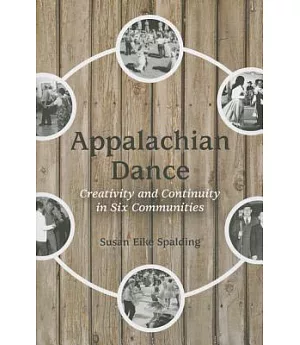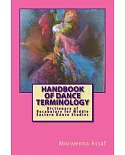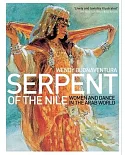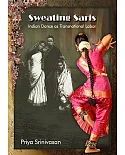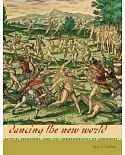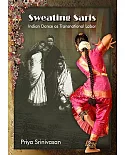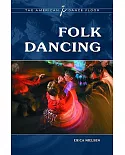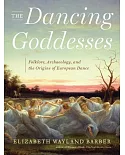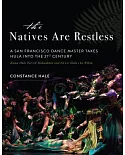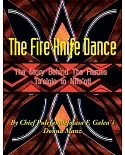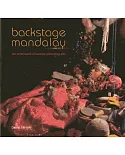In Appalachian Dance, Susan Eike Spalding employs twenty-five years’ worth of rich interviews with black and white Virginians, Tennesseeans, and Kentuckians to explore the evolution
and social uses of dance practices in each region.
Spalding analyzes how issues as disparate as industrialization around coal, race relations, and the 1970s folk revival profoundly influenced freestyle clogging and other dance forms. She
reveals how African Americans and Native Americans, as well as European immigrants drawn to the timber mills and coal fields, added to local dance vocabularies. By placing each community in
its sociopolitical and economic context, Spalding explores how the formal and stylistic nuances found in Appalachian dance reflect the beliefs, shared understandings, and experiences of the
community at large.

